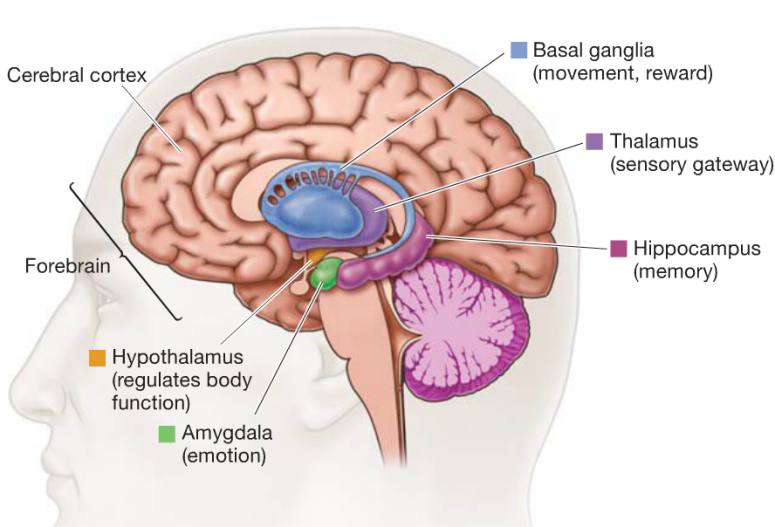Risk of Suicide: Understanding Prevention
By Christine Ferch
Suicide
The month of September draws our attention to one of the largest mental health concerns we face today, suicide. The risk of suicide especially during the pandemic has increased. I say it bluntly because it is a topic that should not be pushed under the rug, the more we try to hide it or label it other than what it is, reduces the impact it has on society and devalues what one is experiencing. Let’s understand how to prevent suicide by talking about it and bringing more awareness to it.
Suicide is when someone ends their own life, to escape pain or suffering, and the individual died by suicide. A suicide attempt means an individual tried but did not die. Survivors of suicide often report; they do not want to end their life but want the pain and suffering to stop. Coping strategies or supports may not be useful, and so the individual feels this is the only way to stop the hurt is by ending their lives permanently. This article will discuss the Risks of Suicide and help us in understanding the need for prevention.
Why we should talk about suicide!
We need to talk about suicide because when we do not, people feel shame or feel they have to hide something when they do not. When we talk about suicide or the elements of it, we are creating a safe space for someone to state they are experiencing emotional pain and are struggling to cope.
When we talk about suicide, we then come from a place of compassion and not judgement, allowing the individual to feel comfortable in disclosing their suicidal thoughts or ideations.
When we talk about suicide, we increase awareness which reduces stigma and encourages those who are struggling to seek resources and support individuals to address the emotional pain they are experiencing.
The Signs
How do you know if your loved one is struggling with suicide? For some, the “signs” are clear, others, they are not. Some people may internalize so what they present on the outside, maybe far different than what is happening on the inside. An excellent example of this is the sad passing of Robin Williams, he suffered from depression, but very few individuals in his personal life ever thought he would take his own life.
Some signs to look out for if you feel your loved one may be experiencing suicidal ideations, an individual may experience one or all these signs:
– Person talks about wanting to kill themselves
– Person is using drugs or alcohol more than usual
– Person says they have no reason to live
– Person feels they have no purpose
– Person seems worried or scared
– Feels there is no solution or no other way out
– They cannot see hope or have no desire to think about the future
– Begin to isolate from others
– Difficulty with controlling anger
What to do if your loved one is suicidal
Assess Risk: Ask the individual
– how often their suicidal thoughts occur
– If they have a plan
– If they have attempted before
– Do they have the means to carry it out
– If they are engaging in self-harm
– Do they have adequate support systems
If your loved one says yes to all 4-6, their risk is high, and medical attention should be found. 2-3, 24-hour support or wellness checks should be completed, 1-2 talk to the individual, find out what they need, provide support, or find additional resources.
What can prevent suicide
When someone is experiencing suicidal thoughts and is starting to create a plan and find how they want to end their life, may have started from recent trauma, loss, or a long-standing mental illness such as depression, bi-polar, schizophrenia, and personality disorders. The following are ways to reduce thoughts and engaging in suicide.
- Seek support from qualified psychologists or counsellors to gain coping strategies and reduce the pain the individual is experiencing and address their mental health concerns
- Build connections with other people friends, family
What to do if you are feeling suicidal
If you are feeling suicidal and do not feel comfortable or safe talking to friends or family, reach out to one of the following numbers below and speak to a qualified individual to help you through your emotional distress.
If you feel your thoughts can be managed, you can contact any counsellor or mental health professional in your area and book an appointment to talk about the distress you are experiencing.
Speak to friends or a family member about what you are experiencing and identify if you need further assistance, such as having someone stay at your house for 24 hours for evaluation.
If the distress is too overwhelming and you feel you are a danger to yourself contact a friend or dial 911 and ask for immediate support.
Additional Resources
Resources which are accessible 24/7 in the country of Canada for adults, teenagers, and children
Seniors: 604-872-1234 & for more information on Senior Abuse. Read more on our article here.
If you are experiencing thoughts of suicide or have a loved one who is experiencing thoughts of suicide or have further questions on how to support someone during this time, please contact us at admin@ovcs.ca
Check out my other blogs on related mental health topics 😊
Contact Us Now To See How We Can Help.



